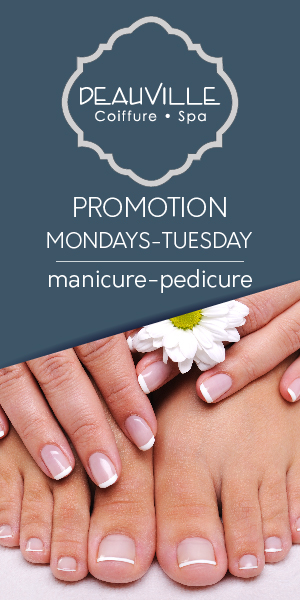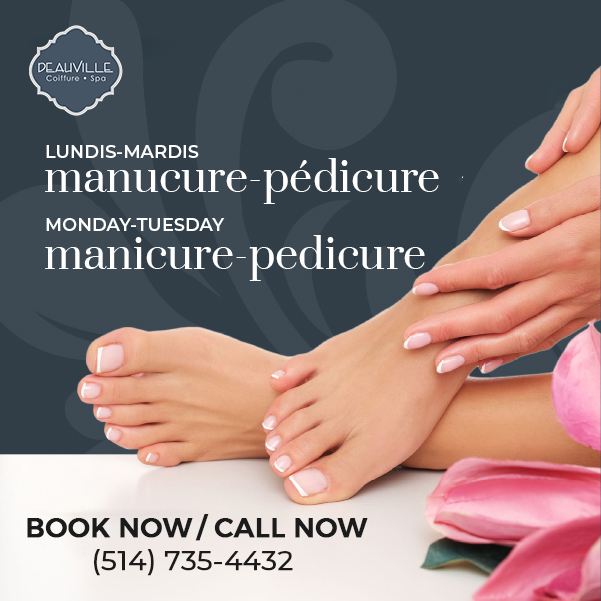Keratin treatments are an increasingly popular hair smoothing service, helping to achieve sleek, straight, soft, and frizz-free locks. Suited to most hair types, it can be done both professionally as well as at home.
However, some keratin treatments contain formaldehyde which is known to be carcinogenic, potentially leading to respiratory and eye irritation issues.
What is keratin treatment?
Keratin treatments are an innovative form of hair straightening treatment suitable for all types of hair. You can do the procedure either professionally in a salon or at home, and results typically last three months. Keratin treatments help smooth and straighten hair, eliminating frizz while protecting against heat damage while adding volume and shine.
Keratin treatments often begin by first washing hair with a clarifying shampoo to rid it of buildup or residue, and then applying and flat ironing the treatment in small sections.
Keratin treatments are generally safe for most hair types; however, they may cause damage to fine or fragile locks. Therefore, it’s essential that you follow any post-treatment advice provided by your stylist; typically this includes using sulfate-free shampoo and avoiding heat styling techniques.
How does keratin treatment work?
Keratin treatments smooth your hair cuticles, creating healthier and shinier locks. Furthermore, it makes your locks less porous which reduces blow-dry time significantly – its effects last months at a time!
Assuming you decide to get a keratin treatment is ultimately your decision; just remember to choose a salon that provides high-quality products and professional procedures to perform it safely. Remember that certain keratin treatments contain formaldehyde which could damage your hair over time.
Home-based keratin treatments may produce formaldehyde emissions; however, there are products on the market which do not produce this substance. To maximize results of your treatment, be sure to use sulfate-free shampoo and avoid heat styling for maximum longevity of results. For optimal outcomes every 8-13 weeks is ideal.
What are the benefits of keratin treatment?
Keratin treatment is increasingly popular with people who have curly or frizzy locks, as it helps tame frizz while smoothing the texture of their hair. Furthermore, this helps decrease how much heat they need when styling it and speeds up drying times for their locks.
Keratin treatments may cause damage to hair if used too frequently or contain formaldehyde (though many salons now provide formaldehyde-free options). They may also cause eye and respiratory irritation in certain individuals.
To increase the longevity of a keratin treatment, make sure that it’s washed every three or four days with a sulfate-free shampoo and use a heat protectant product before blow-drying it. Also avoid tying your hair up into ponytails or buns as this may leave permanent dents in your locks.
How much does keratin treatment cost?
Keratin treatment costs depend on factors like type, salon location and stylist expertise; typically though, it tends to be less costly than other hair treatments and could save money over time by decreasing need for styling products and heat styling tools.
Keratin treatment typically lasts four hours, depending on the length and thickness of your hair. After washing your locks, small sections are applied of keratin product in small increments to your locks before blow drying or flat ironing to seal in its benefits.
Keratin treatments can be highly beneficial to all types of hair. However, it’s important to keep in mind that they contain formaldehyde which could potentially damage it if not managed appropriately; thus it is essential that clients visit an experienced salon that has an established track record.
How long does a keratin treatment last?
Keratin treatments typically last two to six months depending on how you care for your hair afterward. To extend its longevity, try not washing too often, use products without sulfates such as conditioner, and stay hydrated throughout.
Keratin treatments should not be undertaken if your hair is already damaged as this could exacerbate the situation further. However, if it’s in good health and you want to reduce heat styling needs daily then considering a keratin treatment could be worth your while.
Notably, some keratin treatments contain formaldehyde which can be harmful over time if inhaled in large doses. As such, for optimal results it is wise to opt for treatments without formaldehyde to preserve the health of your strands and ensure optimal results.



